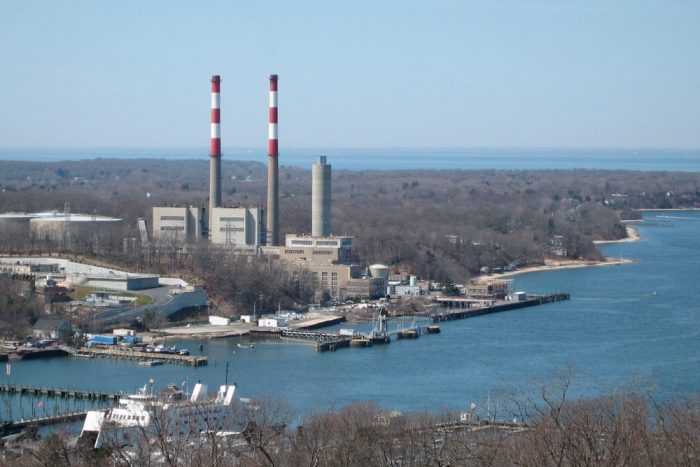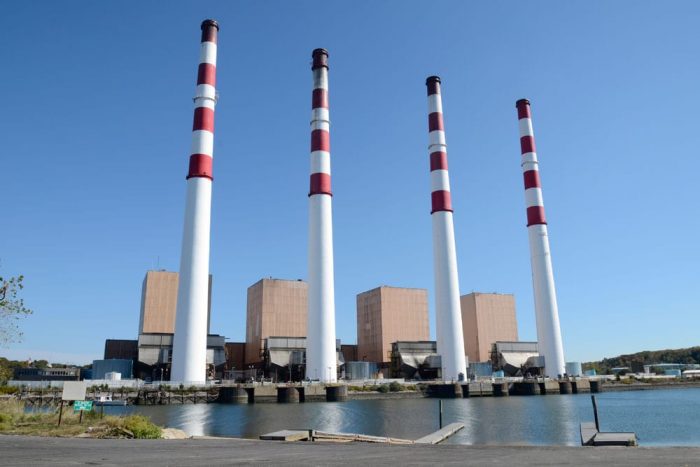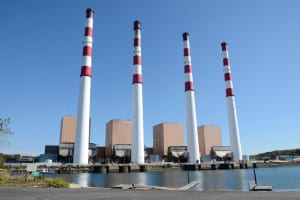By Aidan Johnson
The Biden administration and the Environmental Protection Agency announced proposed regulations requiring most power plants fired by fossil fuels to cut their greenhouse gas emissions by 90 percent between 2035 and 2040, or shut down.
This climate rule would likely affect the Port Jefferson and Northport power stations, since they are both fossil-burning plants.
Under consideration for the new standards are carbon capture and storage, or CCS, a method of capturing and storing greenhouse gas emissions from power plants, though this is still not widely practiced.
“CCS has not reached a widespread commercialization stage,” Gang He, an assistant professor in the Department of Technology and Society at Stony Brook University, said in an email. “According to the Global Status of CCS 2022 report by Global CCS Institute, there are only 30 operational projects with a total capture capacity of 42.56 million metric tons — about 0.1% of the total carbon emission in 2022.”
As the global climate crisis continues, the World Meteorological Organization announced May 17 that world temperatures are “now more likely than not” to cross the 1.5 degrees Celsius threshold, recommending policymakers act promptly to reduce carbon emissions and help mitigate the mounting concerns.
Another proposal being explored is hydrogen, a low-emission fuel source which produces power through a process called electrolysis that could move Long Island’s toward a greener future, according to former Port Jeff Village trustee Bruce Miller.
Miller said hydrogen could play a major role in reshaping Long Island’s economic and energy futures as some companies have already started acquiring and selling hydrogen.
“It is hoped [hydrogen] will be an important part of our economy in the near future, and there’s a lot of money being allocated for that,” Miller told TBR News Media in an interview. “I believe that National Grid has the capacity to do this in Port Jefferson.”
National Grid did not respond to a request for comment.
Miller said local plant operators would probably need to modernize the existing power stations to accommodate hydrogen in the future.
Also factoring into this hydrogen equation would be energy demand. While a lot of energy is expected to be received from the Atlantic, where offshore wind turbines are currently being developed, these represent intermittent energy sources, Miller indicated.
Given Port Jeff Harbor’s deepwater port, Miller suggested that hydrogen could be feasibly captured, pumped and stored along existing maritime commercial routes and transported via cargo ships.
While decisions over local power stations remain ongoing, National Grid needs to determine whether it would be worth it to use hydrogen, or whether the electricity generated in the Atlantic would be enough. The municipalities would also need to be on board with repowering the plants.
“We call ourselves a welcoming community,” Miller said. “If that’s the direction that National Grid would want to go in, the village [should] support that.”
While there is a market to extract and sell hydrogen, it needs to be at an affordable price. Although the amount that hydrogen will play in creating a sustainable future is unknown, questions over local plants remain ongoing with the subsequent detrimental effects on the Port Jefferson and Northport tax bases.
Editor’s note: See also letter, “The reality of closing local generating plants.”










